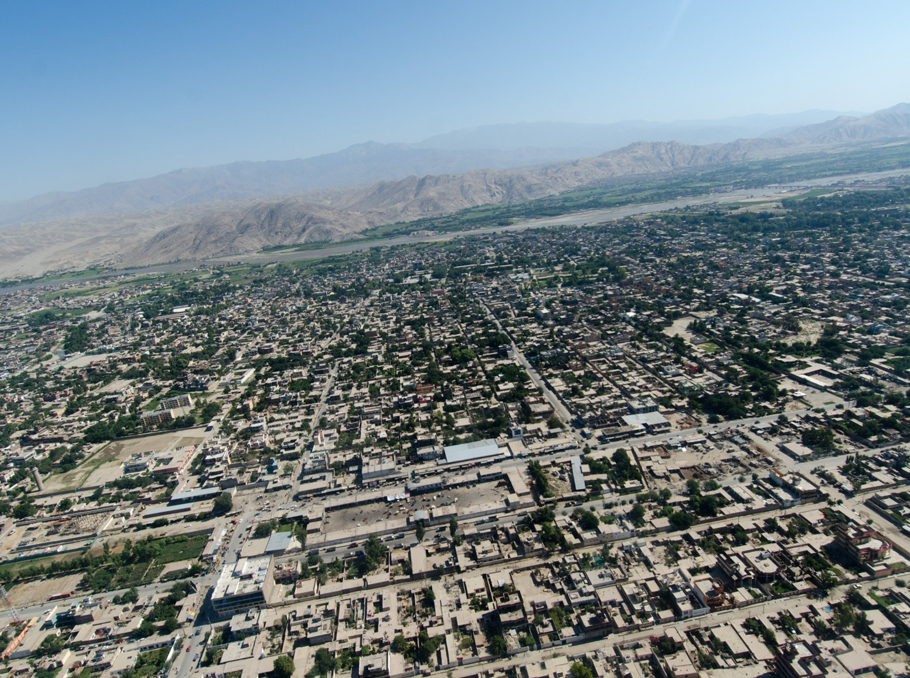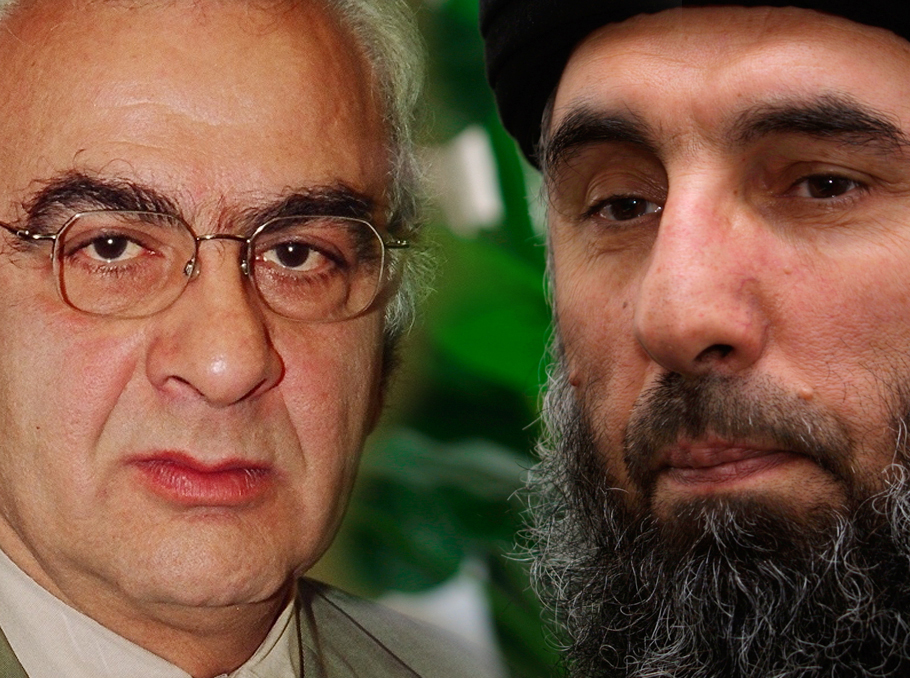Mediamax continues its Special File project, which aims to present the unknown or less known details of Armenian foreign policy events.
In 1990s, Historian, Professor Gerard Libaridian was the Senior Advisor to first President of Armenia Levon Ter-Petrosyan. He is presently working on his memorial book and agreed to present one of the episodes of the book to us. (The interview with Gerard Libariadian was orginially held in Armenian and was then translated into English by Mediamax).
In 1994, the Bishkek Protocol was signed and it was followed by the ceasefire agreement. There were two main points in that document – complete halt of fire and military operations, and “completion of negotiations in the next 10 days and conclusion of an agreement on the cessation of the armed conflict not later than May 22 of this year”.
Both the Armenian and Azerbaijani parties used to think that this ceasefire agreement is conventional as the question – “how to act if no negotiations are held within the mentioned 10 days or if the negotiations fail?” – remained open. The three parties of the conflict used to take this document as a “pause” and were getting ready for resumption of war. We certainly did not need it as we were the winning party – whatever we could do through war was already done. The ceasefire was expected to be followed by prompt and intensive negotiations and Russian President's Special Envoy for Nagorno Karabakh Vladimir Kazimirov was expected to be actively involved in it. However, it all did not take place – great efforts were not committed.
The Azerbaijani Army was in a terrible state. Thus, they had signed an agreement with Afghanistan to engage Mujahideens in war. It is no secret that the Mujahideens were actively engaged in military operations against Armenia and Nagorno Karabakh in 1993-1994. We knew that this time Azerbaijan had reached an agreement over engaging a great number of Mujahideens, and Baku had high hopes for them to resume the war. We started pondering over the measures that could be employed to prevent it.
Through an intermediary we got to know a person called Abdulhak who was one of the leaders of Afghan Mujahideens carrying war on the USSR. Abdulhak was in Jalalabad and his brother was the governor of that territory. We turned to Abdulhak asking to organize a meeting with Afghan Prime Minister Gulbuddin Hekmatyar.
Quite secretly, we arranged my visit to Jalalabad to meet with Gulbuddin Hekmatyar. Very few people were aware of my visit – President Levon Ter-Petrosyan who had conceived that idea, Armenian President’s Special Envoy David Shahnazaryan and my Principal Assistant Hasmik Harutyunyan.
Back then Afghanistan was at civil war and the UN had banned flights there. However, by a special and light aircraft and several times bribing locals for fuel, I eventually reached Jalalabad along with the abovementioned intermediary. I was accompanied to the queen’s country house from the airport and two hours later I was taken to the house of governor Qadir – the brother of Abdulhak. I started placing stronger focus on my meeting with PM Hekmatyar. I also conferred with Abdulhak and Qadir. Hekmatyar had dispatched his two advisors to talk to me and see what should be done – the PM was familiar with the subject of the meeting but he did not know anything more. After our conversation the advisors left, presumably to inform the PM about the details of our talk. Shortly afterwards, one of them returned and took me to the PM. His residence was in an army camp outside the city.
 Jalalabad
JalalabadWhen we arrived there, we had to go several floors down. I was told he was praying at that moment and was asked to wait.
A short time later, I met with Hekmatyar. Besides Hekmatyar, there were 7-8 more people there – they were all seated on pillows on the floor, in a cross-legged position. We talked for over an hour. I was sparing no effort to convince him of that the Mujahideens should not go to Azerbaijan. He was trying to refute that they had such agreement with Azerbaijan but at the same time, he was continuing to lend an ear to my arguments. From afar, it might resemble a talk of the deaf but it was a different type of talk – it was highly important to watch the niceties of each of Hekmatyar’s refutations and also the changes in his continuous smile when he was finding one of my words or expressions important. Hekmatyar’s smile and manner of talking were relaxed and I managed to persuade him. I was then taken back to the governor’s place where I spent the night. I was to leave next morning, however, it turned out we didn’t have fuel. We had to wait for the only airplane in Afghanistan operating flights to the Persian Gulf to return in order to purchase fuel from it.
At 3 am, June 13, my small airplane landed at Yerevan airport and left immediately after I got off.
Early in the morning, I reported about my visit to President Levon Ter-Petrosyan. We decided to disseminate a short press release about my visit and assert my positive impression from it. I contacted Abdulhak and asked him to contact PM Hekmatyar and let him know about our wish to have a short press release in one of our newspapers on that the Advisor to the Armenian President paid a visit to Afghanistan and discussed issues of mutual interest with the PM. His consent would imply they have decided to give up the large-scale program of sending Mujahideens to Azerbaijan. Around two days later Abdulhak called saying that Hekmatyar said “do as you wish, simply let me know about it”.
Thus, we managed to prevent the support of around 1500 Mujahideens for the Azerbaijani Army and mitigate the risk of resuming the war. This step was followed by others by us, and owing to them, in July-August 1994, we succeeded in signing a permanent ceasefire agreement with Azerbaijan.
Aram Araratyan

















